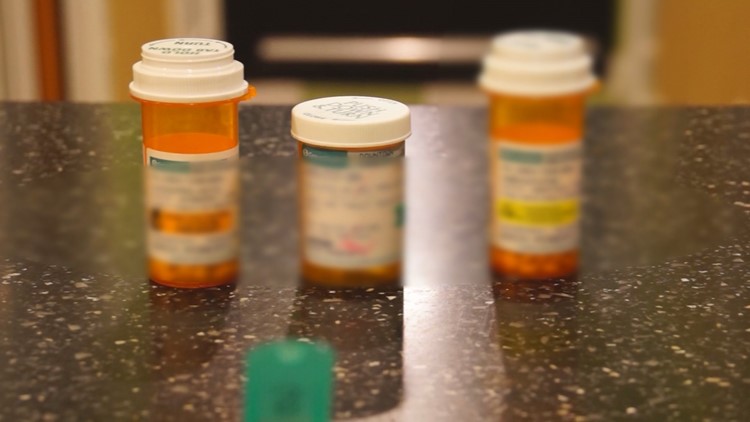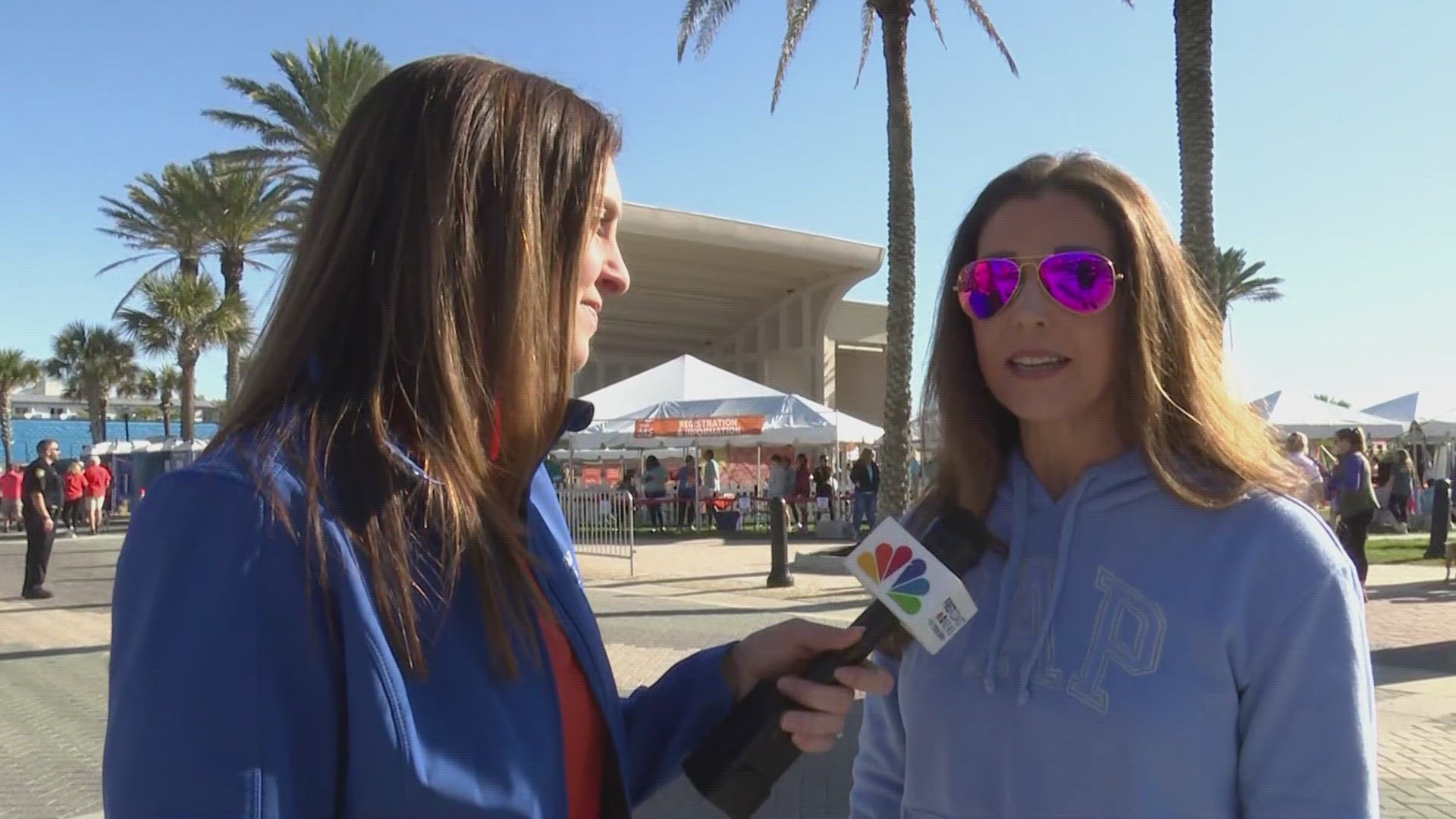In the event of a major emergency, doctors suggest people have a few weeks to a month supply of personal medications in their emergency kits at all time.
When disaster strikes, food and water aren't enough to ensure health and safety if you are dependent on daily medications. But stockpiling your personal meds is difficult when most insurance companies will only allow a 30-day supply. So you'll need a plan.
"Get your prescription refilled soon for several months and you can kind of scooch ahead just a little bit, getting a few more tablets each month," said Beverly Schaefer, pharmacist and owner of Katterman's Pharmacy Sandpoint
She says once you start your collection of extra pills, don't just throw them in the disaster kit and forget about them. Remember, all medications have an expiration. The trick is every year on your birthday, you replace the supply; put new pills in and use up those pills that have been collecting in your kit.
It's also important to check your prescription plan because some insurance companies will allow for a one-month vacation supply. Otherwise, the cost for an extra prescription comes out of the patient's pocket. And while some people might try to conserve their medications, skipping pills is not an option.
"You don't want to try to stretch your five pills into a month's supply by taking it every two or three days. You really would want to have at least a two-week supply of medication," said Schaefer.
Schaefer says the need for extra meds doesn't always have to come with a disaster. She's seen medication shortages frequently happen during snow storms and serious windstorms.



